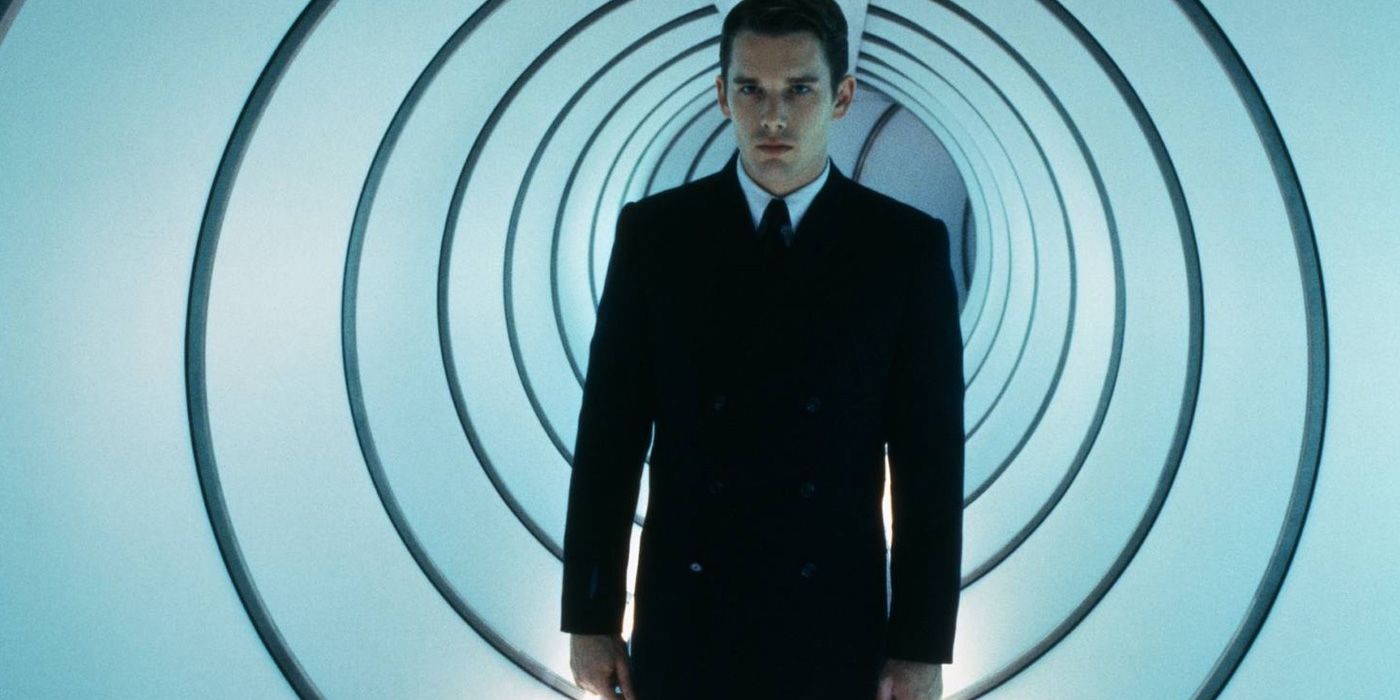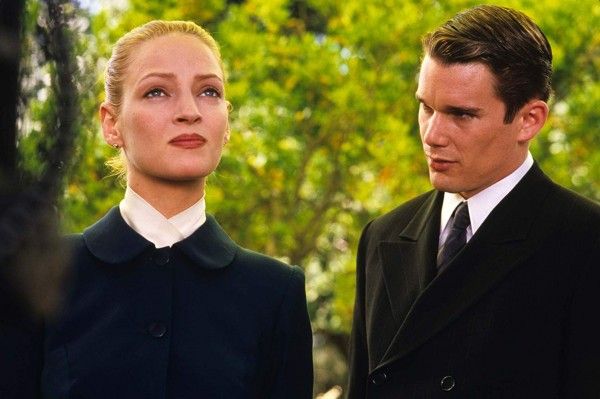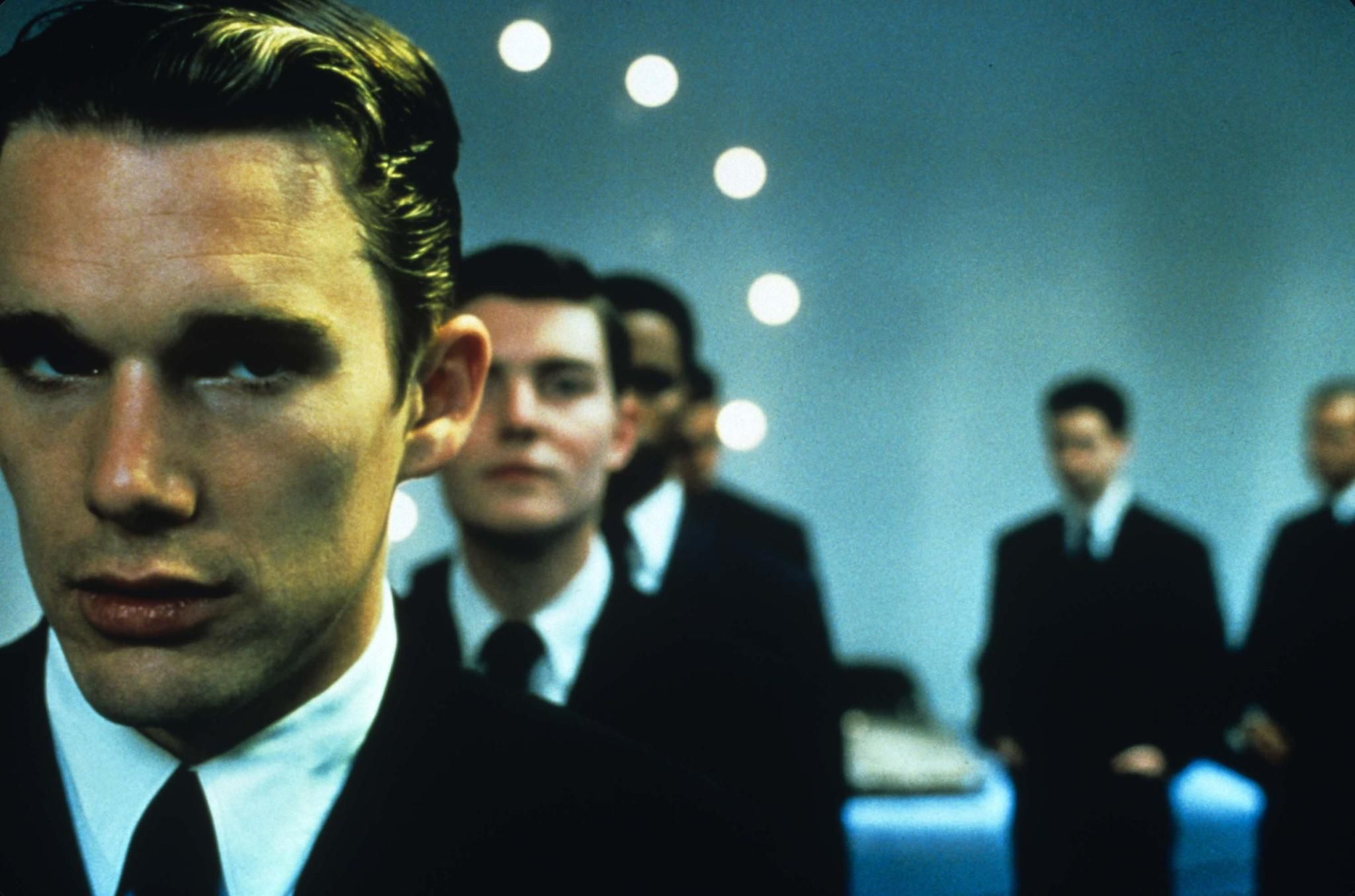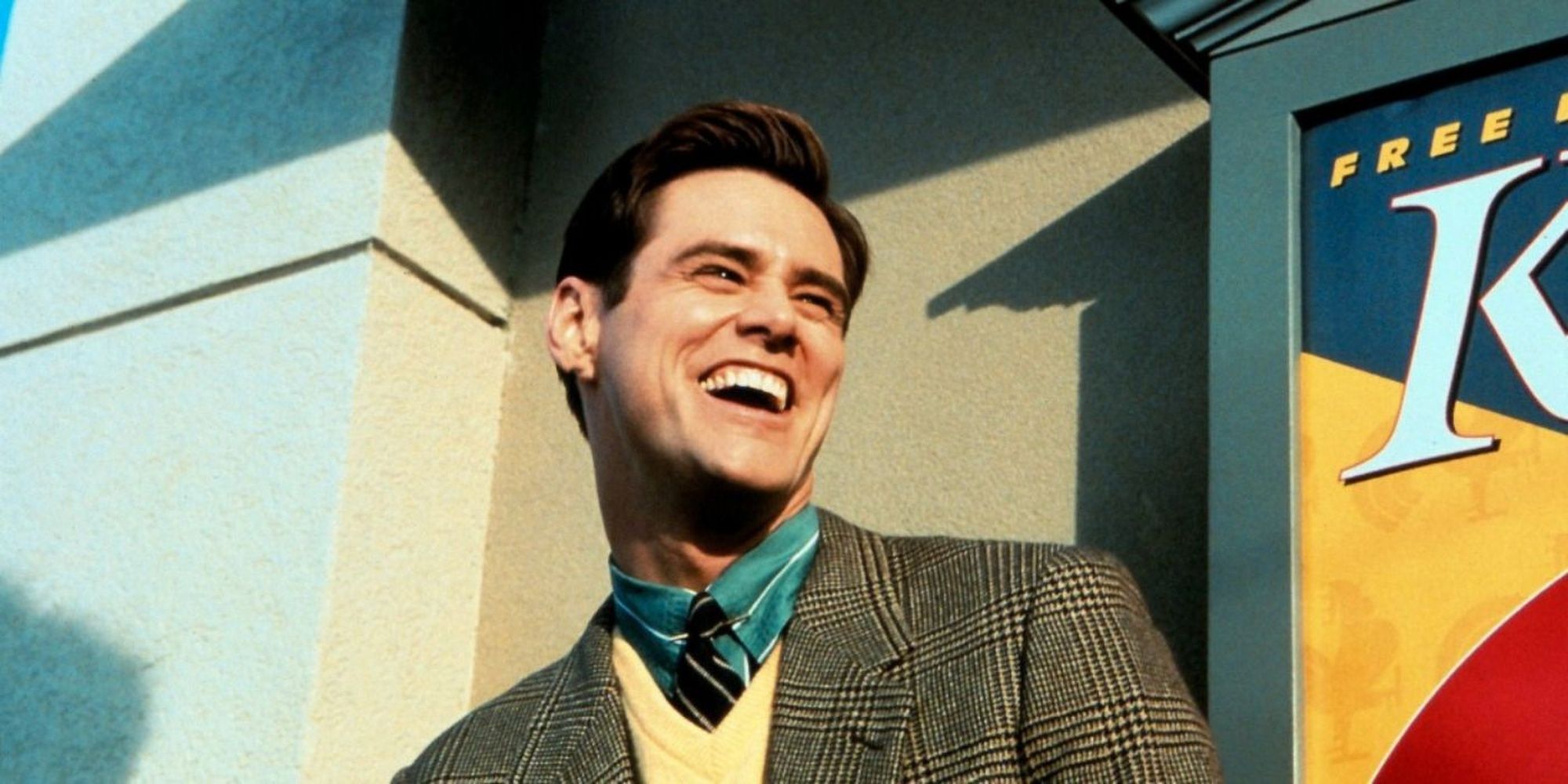All great science fiction stories, at their core, offer a message about society. Star Trek is about mankind setting aside its petty differences to explore the stars and foster unity. Blade Runner tackles identity and what it means to truly be human. Planet of the Apes is a warning about where mankind's more self-destructive impulses might lead us. And nobody understands this more than Andrew Niccol. Over the course of his career, Niccol has used the genre as a vehicle to discuss how oppressive certain systems can be - and his protagonists end up defying those systems by any means necessary.
This trope is evident in Niccol's directorial debut Gattaca, which celebrates its 25th anniversary later this year. The film takes place in a society where eugenics has become the letter of the law. Society is divided into two sections: "valids", who can make their own way in life due to their genetic material being deemed superior, and "invalids," who often have genetic disorders such as myopia or a heart defect. As protagonist Vincent Freeman (Ethan Hawke) puts it: "I belonged to a new underclass, no longer determined by social status or the color of my skin. No, we now have discrimination down to a science." Vincent's desire to go into space is hampered by his invalid status; the best he can do is a janitorial job at the Gattaca Aerospace Corporation.
This leads Vincent to cheat the system by assuming the identity of a "valid" man, Jerome Morrow (Jude Law). Vincent undergoes a rigorous process to assume Jerome's identity; he meticulously scrubs himself to remove his dead skin cells and even creates fake fingertips filled with Jerome's blood as well as urine pouches for testing. He even undergoes surgery to make himself as tall as Jerome - and it's implied to be extremely painful. Now one step closer to his dream, Vincent begins to flirt with danger: he gets tangled up in an investigation when the Gattaca mission director is brutally murdered and grows attracted to his co-worker Irene (Uma Thurman).
When the mission director's death is solved, Vincent is confronted by the leading detective - who happens to be his brother Anton (Loren Dean). Unlike Vincent, Anton was conceived using genetic selection, and their parents placed all of their hopes and dreams on him. Yet Vincent manages to stand up for himself, especially when he and Anton engage in their old childhood game of seeing who could swim the longest. Vincent manages to endure because he uses all of his energy, powering through the waves - and proving that his genetics don't have to define who he is. Vincent finally manages to go on the mission to Saturn's moon Titan, especially when one of the Gattaca doctors decides to keep his secret. The doctor reveals that he was inspired by Vincent's efforts, especially since his son is considered an invalid; Vincent breaking free of the eugenics system gave him hope that his son could be a success.
Jerome himself manages to defy the standards that society has set for him. When Vincent first meets him, he's surprised to learn that Jerome is paralyzed - and even more, surprised when he learns the reason. All his life, Jerome had prided himself on his genetics making him the prime example of what society expected. Yet when he placed second in an Olympic contest, he felt like the life he'd been promised was a lie and decided to throw himself in the path of a car. At the film's end, Jerome commits suicide by climbing into his house's incinerator - but not before leaving behind enough genetic material for Vincent to continue leading his life. He tells Vincent before the younger man leaves that he was inspired by his drive: "I only lent you my body. You lent me your dream."
Niccol would tackle similar themes in his 2011 film In Time, which bore a radically different concept. In the near future, people have been genetically engineered to stop aging at 25. The catch: a clock on their arm immediately starts counting down from an hour, forcing them to use time as currency - once the clock hits zero, that's the end of their life. Will Salas (Justin Timberlake) is a factory worker in a poor town who ends up running into Henry Hamilton (Matt Bomer), a man with a century's worth of time. Hamilton transfers that century to Will, along with a warning: the wealthy residents of New Greenwich have been increasing prices in order to keep most of the time for themselves.
Like Vincent, Will ends up rebelling against the system he's born into - and this time he has a personal reason, as the New Greenwich price gouging leads to the death of his mother Rachel (Olivia Wilde) when she can't afford a bus home due to paying off a loan. And much like Gattaca, In Time has WIll being chased by the law - specifically Raymond Leon (Cillian Murphy) and his appropriately named Timekeepers. Niccol even refers to In Time as the "bastard child" of Gattaca. The key difference is that Will often resorts to robbery to crash the system; even roping his future partner and lover Sylvia Weis (Amanda Seyfried) into the mix.
These themes are even present in The Truman Show; though Niccol didn't direct the film, he wrote the screenplay and served as a producer. Though The Truman Show is more comedic than Gattaca or In Time, it features a protagonist who's at the whim of a oppressive system. Truman Burbank (Jim Carrey) starts to experience strange phenomema; a lamp falls from the sky, his car radio starts picking up strange messages, and he sees someone who's a dead ringer for his late father. Soon he (and the audience) learn that he was adopted by a corporation, and his entire life has been filmed as part of a reality show. His wife Meryl (Laura Linney), his best friend Marlon (Noah Emmerich), and even his mother (Holland Taylor) are in on the act. The one person who's trying to actively help him is Sylvia (Natascha McElhone), a former extra on the show who wanted to help Truman break free from his life on the show.
Ultimately, Truman manages to escape - setting sail on a boat and overcoming his fear of water in order to find his freedom. The show's director Christof (Ed Harris) throws everything in his path, including an artificially generated storm, and even tries to convince Truman that he belongs in the world the show created. However, Truman ends up leaving, deciding to form his own path. It's an uplifting ending - and considering that Niccol originally wrote the script as a science fiction thriller, that's fairly surprising.




